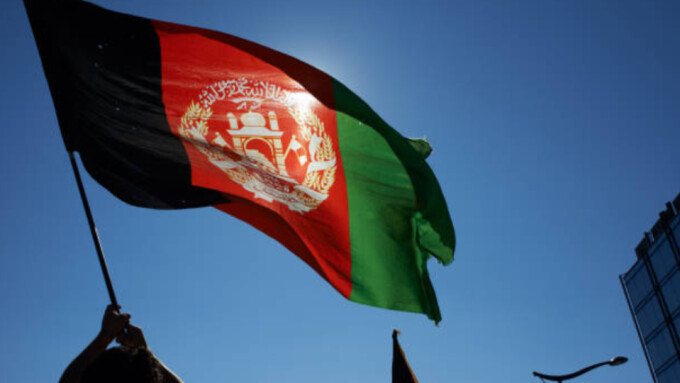KABUL, Afghanistan — The Taliban has shut down internet access across a large portion of Afghanistan in a move to prevent what it deems "immoral activities."
Reuters reported yesterday that the initial ban covered the Kunduz, Badakhshan, Baghlan, Takhar, and Balkh provinces in the country's north and includes all fiber-optic internet connections.
"The hardline Islamist movement has previously voiced concern over pornography," the report stated.
Later reports indicate broadband access has been severed in as many as 10 provinces. Mobile internet access remains unaffected, though service is poor and widely inaccessible.
"This measure was taken to prevent immorality, and an alternative will be built within the country for necessities," Haji Attaullah Zaid, a government spokesman for Balkh province, told the Associated Press.
Zalmay Khalilzad, a former U.S. ambassador to Afghanistan, emphasized that the move was disproportionately severe.
"If pornography is really the concern, like in many Islamic countries, it can easily be filtered," he posted on X.com. "Many countries in the Islamic world do exactly that."
He suggested that the Taliban was using pornography as a pretext for restricting access to information and that it will have devastating effects on the nation's economy.
"It will damage not only the province's economy but the country's prospects as a whole," he wrote. “The justification for the decision is absurd and insulting. On what basis does the leadership in Kandahar assume that the good Muslims of Balkh are using the internet for pornography?”
Nobel laureate and women’s education advocate Malala Yousafzai asserted that the ban was part of the Taliban’s wider campaign against the rights of its female citizens.
“Shutting down the internet is the Taliban’s latest attempt, under their brutal system of gender apartheid, to cut Afghan women and girls off from the world,” she wrote.








